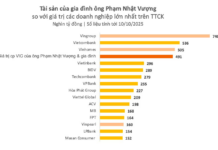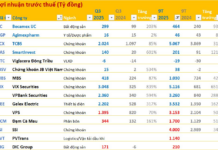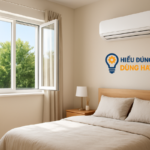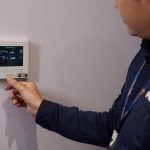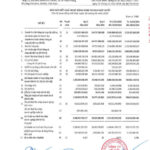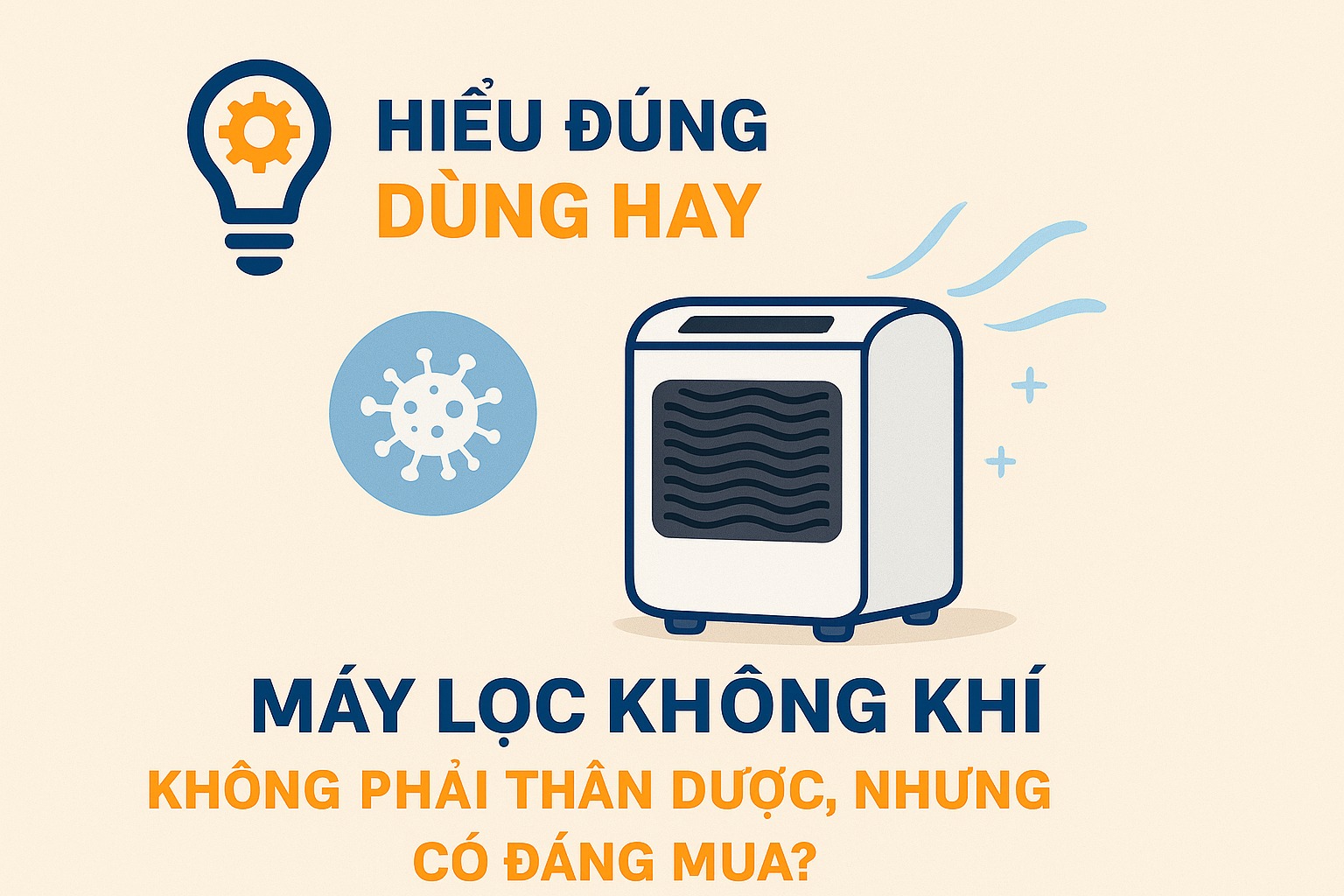
While this device is not a ‘magic bullet’ that will transform your home into a pristine oasis in minutes, it can certainly make a significant difference to your indoor air quality if used correctly.
Understanding its Limitations: Focusing on Dust and Pollen
Air purifiers, often equipped with HEPA filters, are designed to capture fine particles sized 0.3 micrometers and larger, which are prevalent in PM2.5 dust. This is particularly beneficial in densely populated cities like Hanoi and Ho Chi Minh City, where vehicle emissions and construction dust frequently exceed safe levels. Additionally, these devices help remove pollen, pet dander, and other allergens. For households with young children, elderly individuals, or those suffering from respiratory issues, maintaining clean indoor air can have noticeable health benefits.
Limitations: Bacteria and Virus Removal is Not Guaranteed
A common misconception is that air purifiers can eradicate bacteria and viruses. In reality, their primary function is dust and pollutant removal, and their ability to eliminate disease-causing microorganisms is limited and dependent on the integrated technology. While some high-end models incorporate UV light or negative ions, these are not replacements for regular sanitation and disinfection practices. Thus, it’s essential to view air purifiers as supportive tools for enhancing indoor air quality rather than a sole means of disease prevention.
Crucial Maintenance: Regular Filter Replacement
The effectiveness of an air purifier heavily relies on proper maintenance. Over time, HEPA and activated carbon filters can become saturated with pollutants and lose their efficiency, even becoming breeding grounds for bacteria if not replaced periodically. Depending on the environmental conditions, filters should be changed every six months to a year. Regular cleaning of the external filter surface is also necessary to ensure optimal performance.
Is it Worth the Investment?
For families residing in polluted urban areas or those with members susceptible to fine dust and allergies, investing in an air purifier can be a wise decision. However, it’s crucial to acknowledge the device’s limitations, choose a model suited to the room size, and maintain a routine maintenance schedule. By doing so, you can fully maximize the benefits of this ‘companion’ and create a more comfortable living environment amidst the worsening outdoor air quality.
Should You Keep Your Windows Closed When Using Air Conditioning? The Truth May Surprise You!
“Keeping the doors closed with the air conditioner running is a common practice for many, but it’s not necessarily the most optimal method. This habit may even pose potential health risks and impact energy efficiency.”











